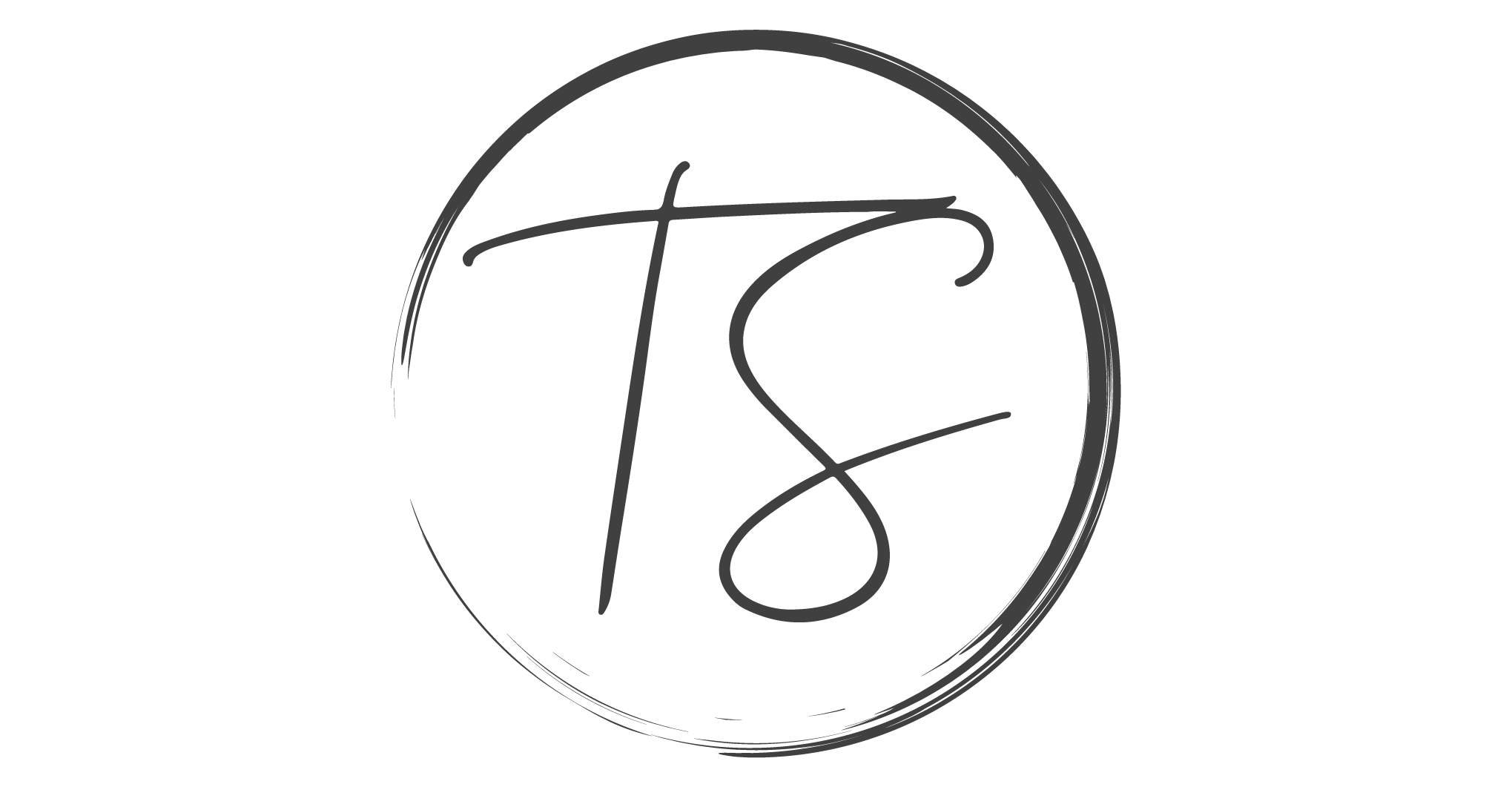Reference: Greater Vancouver Realtors website, April 11, 2024
The BC NDP government has followed through on a February 2024 budget promise and introduced legislation to tax home flipping, beginning in 2025.
Bill 15 2024: Budget measures implementation (Residential Property (Short-term holding) Profit Tax) Act, known as the home flipping tax, applies to income from the sale of a property, including presale contracts, in BC if the property was owned for less than 730 days.
Types of properties
The tax will apply to income earned from the sale of:
- residential properties with a housing unit;
- properties zoned for residential use; and
- the right to acquire properties, such as the assignment of a purchase contract for a pre-build condo building.
Presale contracts
If you enter into a presale contract to buy a property under development, and buy the property – meaning you close on the property once it is complete, for the purposes of the two-year window of the tax – you will be considered to have acquired it on the date you entered into the presale contract.
If you purchased an assignment of a pre-sale contract and then close on the built property, the acquisition date is the date you were assigned the contract.
When you assign a presale contract to another person within two years of entering into the presale contract, you will pay tax on any income received from the assignment.
Tax amount
The tax applies to:
- individuals or companies selling property; and
- net taxable income from the sale of taxable property that was owned for less than 730 days.
The tax is:
- 20 per cent tax on profits of homes sold within a year of purchase.
- 10 per cent if sold after 18 months.
- Not applied if your client sells after two years.
Key dates
The tax is effective on January 1, 2025. Residential property bought before this date may be subject to the tax if sold on or after January 1, 2025 and owned for less than 730 days unless an exemption applies.
For example:
- If you purchased a property on May 1, 2023, and sold the property on January 31, 2025, income earned from the sale of the property would be taxable.
- If you decided not to sell the property until June 1, 2025, then income earned from the sale would not be subject to the tax since you owned the property for more than 729 days.
The property seller may be a BC resident or a resident anywhere else in the world.
Exemptions
There are exemptions for:
- life circumstances including separation or divorce, death, disability or illness, relocation for work, involuntary job loss, a change in household membership, personal safety, or insolvency; and
- those adding to the supply of housing or engaging in real estate development and construction.
The tax doesn’t apply to Indigenous Nations, charities, governments and government-owned corporations, and non-profits.
Primary residence deduction
If you sell your primary residence and you owned the property for less than 730 days, you may qualify for a deduction of up to $20,000 from your taxable income if:
- you owned the property for at least 365 consecutive days before you sold it; or
- the property includes a housing unit that you lived in as your primary residence while you owned it.
If you sell a portion of your interest in the property, your primary residence deduction amount will be proportionate to that interest.
More information available
The Ministry of Finance has provided more details on their website, including how the tax is calculated and additional examples related to pre-sales.
Note: the BC home flipping tax is NOT the federal property flipping rule, which is a separate federal tax.






